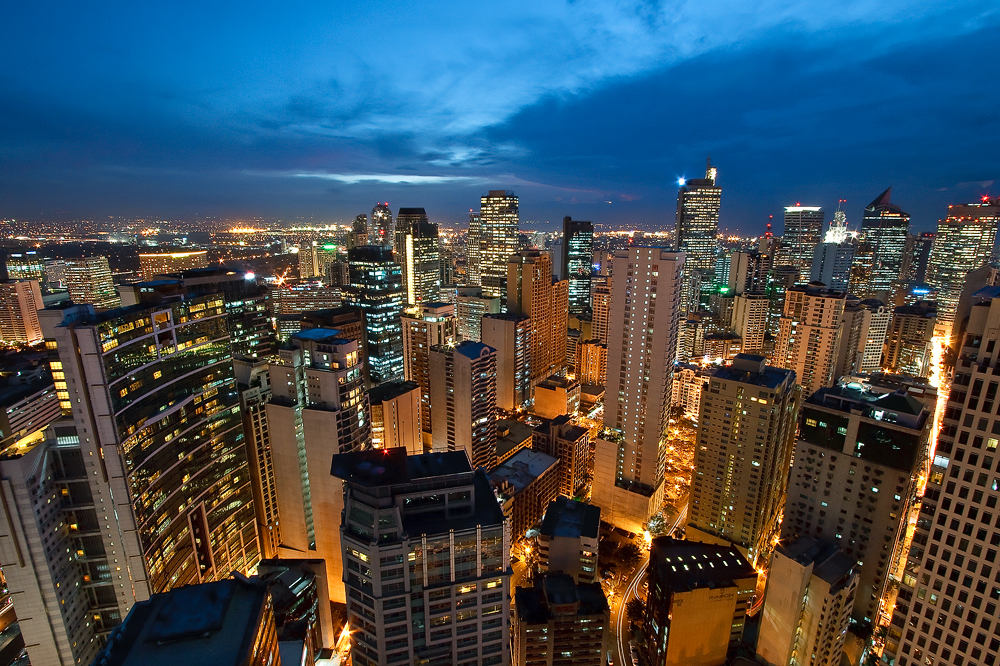
Projections for forward 12-month earnings for Australia have come off 5 percent over the past month, twice as much as the 2.4 percent cut to Spanish company forecasts. Across the Asia-Pacific, estimates have slipped 1.4 percent, and globally they have been cut by 1.2 percent.
Southeast Asia, however, is showing resilience and is expected to benefit further from a commodity boom, greater foreign investment and government-driven investment in infrastructure projects.
As the second-quarter earnings season kicks off, companies around the world are rushing to lower expectations. Some have singled out China as a source of weakness. Growth in the world's second-largest economy probably slowed to a three-year low of 7.6 percent in the second quarter, economists polled by Reuters have said.
"North Asian companies are seeing the biggest downgrades. Generally investors and analysts are more forgiving on ASEAN than North Asia," said Markus Rosgen, head of Asia-Pacific equity strategy at Citigroup.
He said the biggest earnings risks appeared to be in the technology and materials sectors.
Somber down under
In Australia, the cuts flood in even after an already ugly month.
For mining major Rio Tinto, eight analysts have reduced their forecasts for 2012 earnings by an average 5.3 percent over the last two weeks, data from StarMine shows.
Credit Suisse analyst Paul McTaggart slashed his estimates for the company's 2013 earnings by a fifth on Thursday, saying the company's reliance on iron ore and copper leaves it highly exposed to any sustained downturn in Chinese construction.
Taiwan is also feeling the pain. Exports from Taiwan, one of Asia's most export-oriented economies, with an exports-to-gross domestic product ratio of 74 percent, shrank for the fourth straight month in June.
Analysts have cut 2012 earnings estimates for Acer by 6.9 percent on average over the past 30 days. From the seven analysts who have revised Acer's forecasts recently, the estimates have come off on average by a fourth.
With investor eyes glued to China, more bad news is expected.
At least half a dozen Chinese companies -- ranging from a steelmaker to the country's biggest airline -- have warned investors in the space of weeks that earnings would be softer than expected on slowing growth.
World and play and profit
Southeast Asia is faring better, with companies in Singapore, the Philippines and Malaysia holding firm.
In Singapore, companies are benefiting from the booming tourism industry and strong retail consumption as the city-state slowly transforms itself from a regional trade and financial center into a place for both work and play.
 Analysts have raised earnings estimates for hotel owner CDL Hospitality Trusts, shopping mall developer CapitaMalls Asia and property developer City Developments.
Analysts have raised earnings estimates for hotel owner CDL Hospitality Trusts, shopping mall developer CapitaMalls Asia and property developer City Developments.Southeast Asian markets have been the flavor of the year, with Vietnam, the Philippines and Thailand figuring among the world's best performing stock markets in the first half.
In the first quarter, the Philippine economy grew 6.4 percent year-on-year, second only to China among Asian economies, and President Benigno Aquino told Reuters last week he expected the pace to accelerate in the second quarter.
"Major countries in the region appear to be in an investment phase, which we think is good timing. In the midst of a global slowdown, the ASEAN region can carry on with both fiscal and monetary support to help sustain growth," said Pauline Ng, investment manager at JPMorgan Asset Management in Singapore.
"Support from public spending and plans to increase production should have multiple benefits," said Ng, who helps manage about $3.5 billion invested in ASEAN equities.
Subdued interest rates in many countries give additional spending firepower to the fast-growing middle class.
The Philippines, for example, is currently trading at about 14.5 times forward earnings compared with a 9.5 multiple for the Asia-Pacific, StarMine data shows. Indonesia trades at 13 times.
Australia, meanwhile, trades at 10.5 times forward earnings and Hong Kong is roughly in line with the region.-Interaksyon (July 14, 2012 11:46PM)

No comments:
Post a Comment